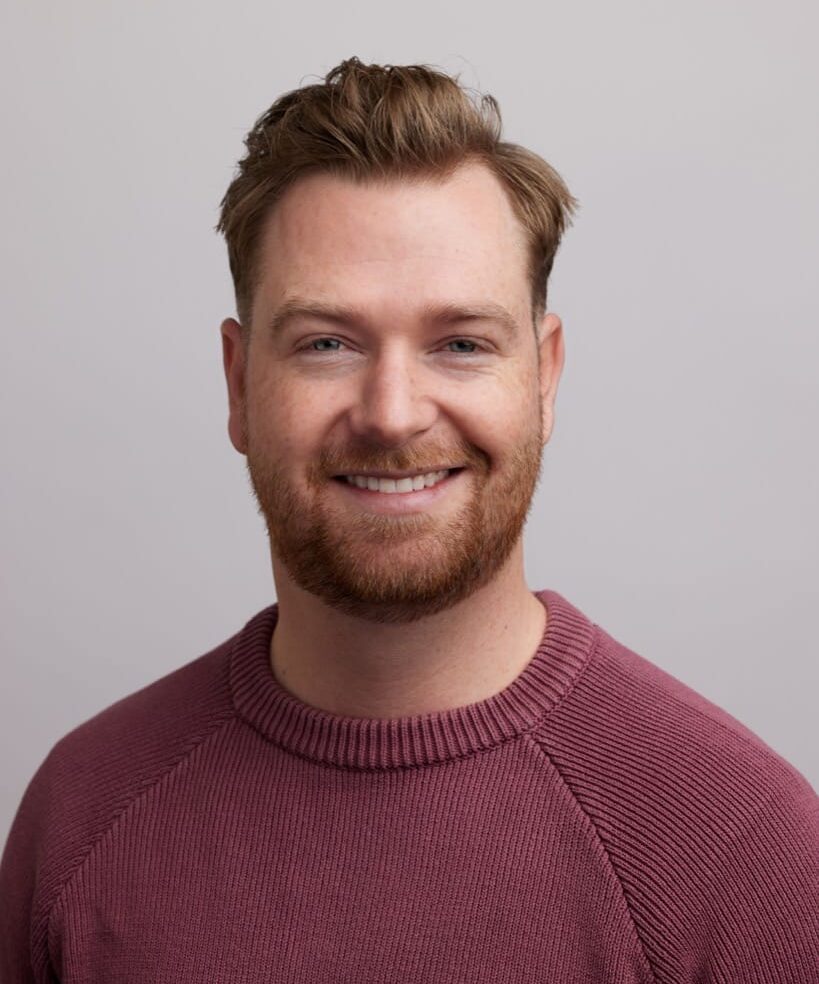Despite attending what felt like 50 different Halloween parties the past few weeks, so much so that my boys filled multiple buckets of candy before we even got to Halloween night, October passed quickly for me. I didn’t watch nearly as many scary TV shows and movies as I would have preferred.
I’m not particularly a fan of the horror genre, but it’s fun to indulge every once in a while, especially during this time of year. There’s a certain thrill to being scared.
Although I didn’t watch them this past month, Sinners and Weapons are my favorite horror movies I’ve seen this year. As of now, I have them ranked #1 and #3 in my personal movie rankings of 2025. If you’re in the mood for a scare, check them out if you haven’t already.
My theory is that what makes a movie scary is the unknown. The first half of a horror movie is typically scarier than the second half because we don’t know what’s going to happen. We don’t know who or what is making people disappear. The house is haunted, but we don’t know how it came to be haunted or what it will mean for the people living there.
Michael Meyers is at his most terrifying when he’s lurking in the shadows just off-camera, and we don’t know exactly where he is or what he plans on doing.
The unknown lets our imaginations run wild and come up with a myriad of horrifying possibilities in our minds. As I watch these movies, I commonly find myself scared and nervous at the beginning and somewhat let down after the reveal at the end. The build-up always seems to be scarier than the reveal.
But while uncertainty is fun within the confines of a horror movie, it’s not super fun when it comes to your money.
Uncertainty about what the future will bring is what keeps a lot of people from investing. Some would rather put their hard-earned money in a savings account where they know it won’t go anywhere (even though inflation will slowly erode its value), than subject it to the uncertainty of the stock market.
A scary, unknown future also causes people to seek out forecasters or search for people who look like they know what they’re doing to try and bring some clarity about what’s coming next.
Even though financial forecasters are wrong as often as they are right, people still crave their thoughts because strong opinions are comforting, while shrugging your shoulders feels reckless when the stakes are high. One of my favorite sayings from Josh Brown is:
“We’re all just guessing, but some of us have fancier math.”
Don’t let the fear of the unknown cloud your decision-making. A lot of financial mistakes can be traced back to people trying to predict or time perfectly what’s going to happen in various markets.
As opposed to trying to predict the future, it’s usually more helpful to prepare for the future. Predictions are about trying to be precisely right, while preparation is about setting the right expectations. For example:
Prediction: Stocks are at an all-time high. This can’t go on forever; it’s time to get out of stocks completely and go to cash.
Preparation: What’s the right amount of cash I need to get me through the inevitable downturns in stocks?
Prediction: The stock market is going to crash this year.
Preparation: The stock market is going to crash a handful of times in my investing career, but I have no idea when they will occur. Here’s what my financial plan says I should do, regardless of what happens in the market tomorrow or any day over the next year.
I love this quote from Morgan Housel:
“If something is impossible to know you are better off not being very smart, because smart people fool themselves into thinking they know while average people are more likely to say, ‘I don’t know’ and end up closer to reality.”
Yes, the unknown can be scary. But the good news is that the ability to successfully predict the future is not a requirement for successful investing. In fact, it’s completely unnecessary.
What is required is accepting that you can’t predict the future… and a lot of patience.
Thanks for reading!

Jake Elm, CFP® is a financial advisor at Dentist Advisors. Jake a graduate of Utah Valley University’s nationally ranked Personal Financial Planning program. As a financial advisor at Dentist Advisors, he provides dentists with fiduciary guidance related to investments, debt, savings, taxes, and insurance. Learn more about Jake.

